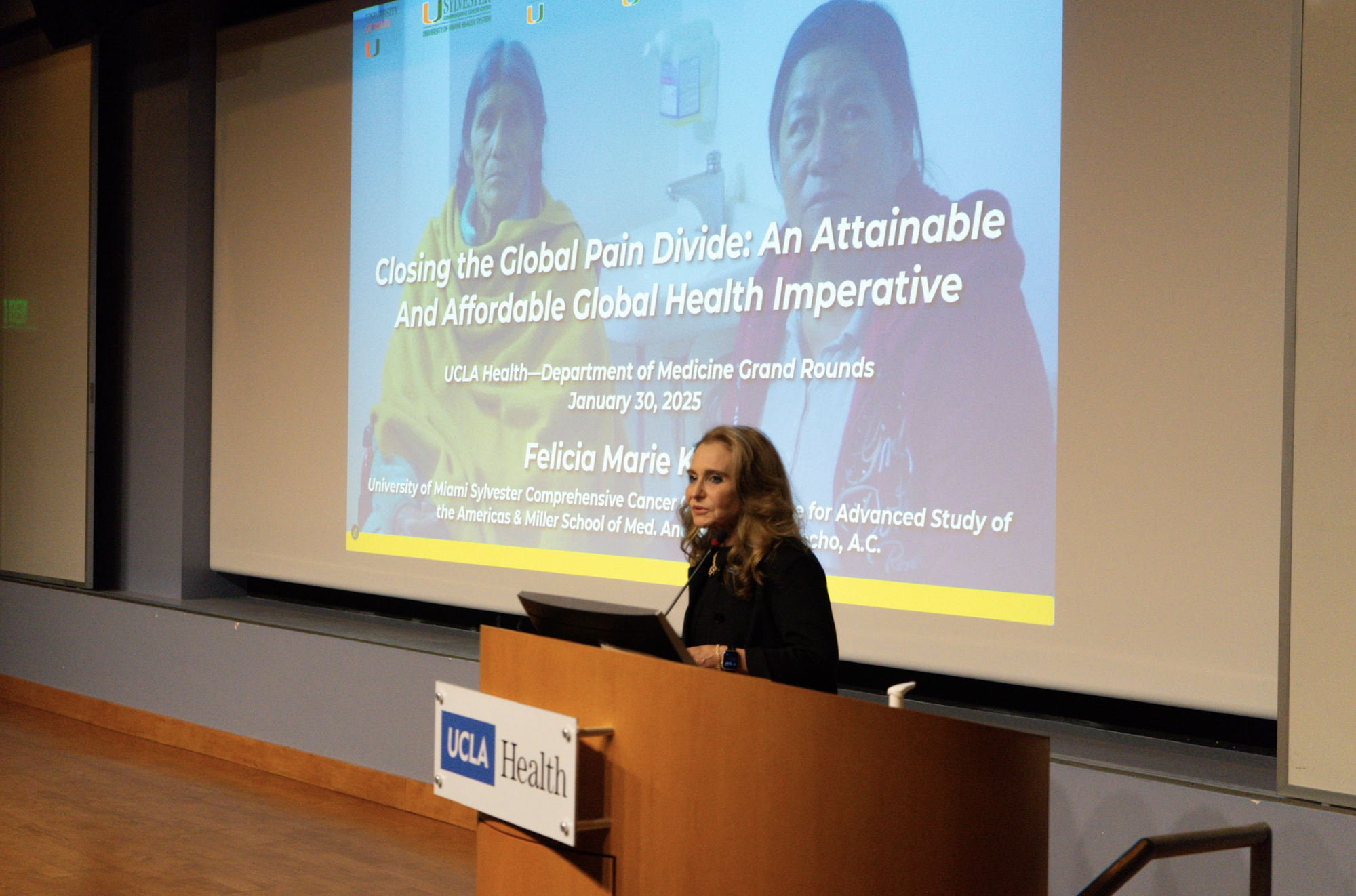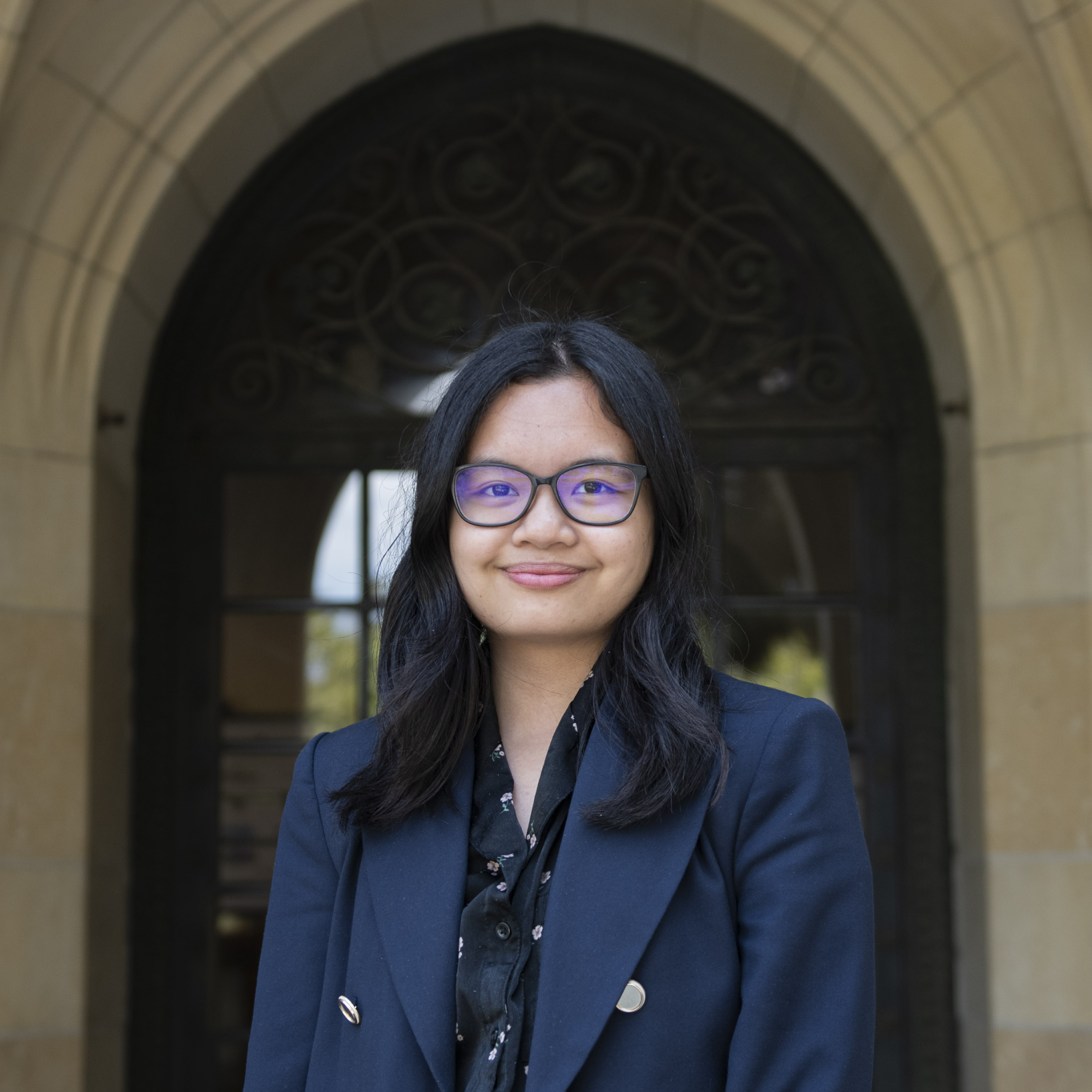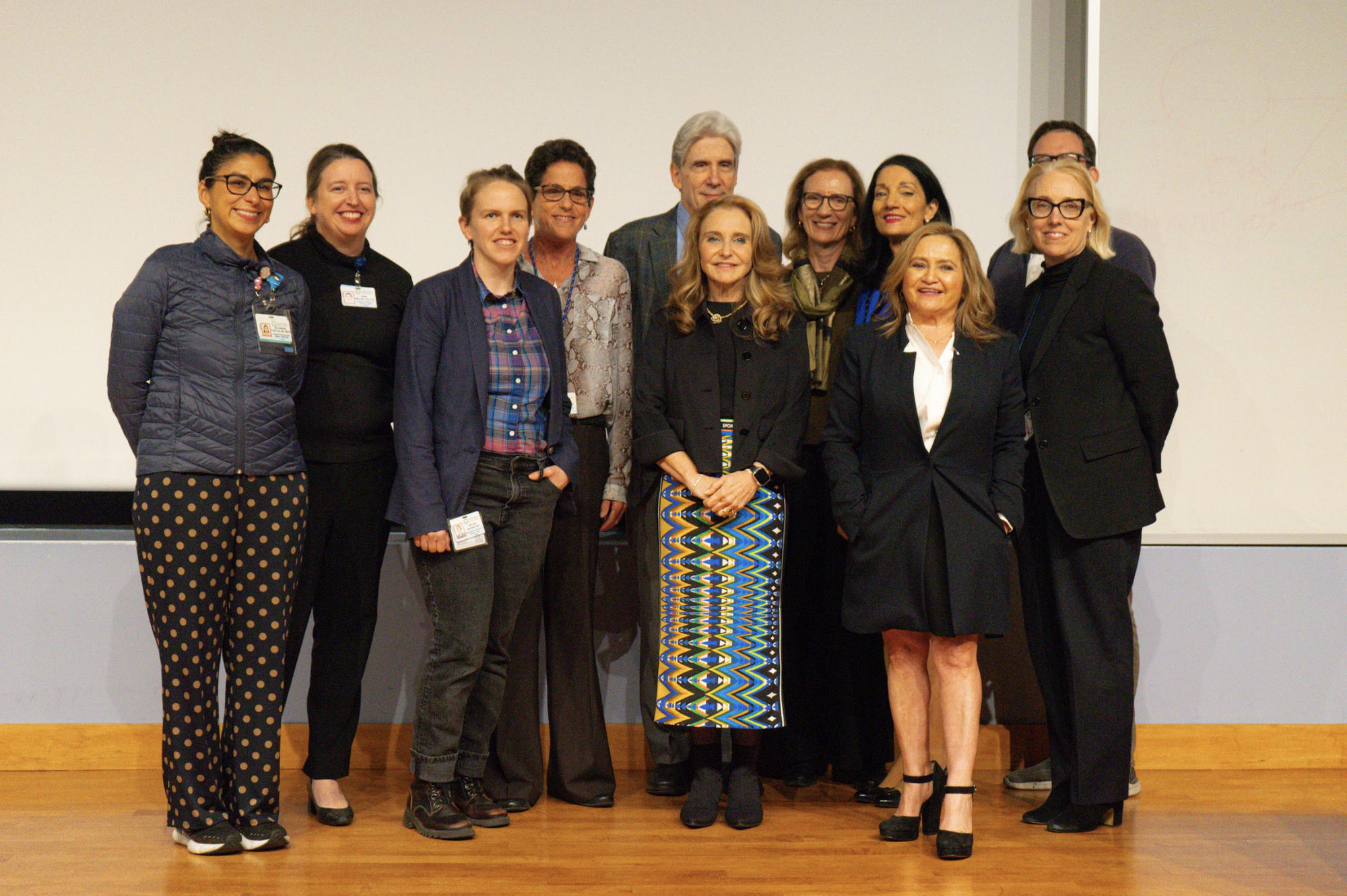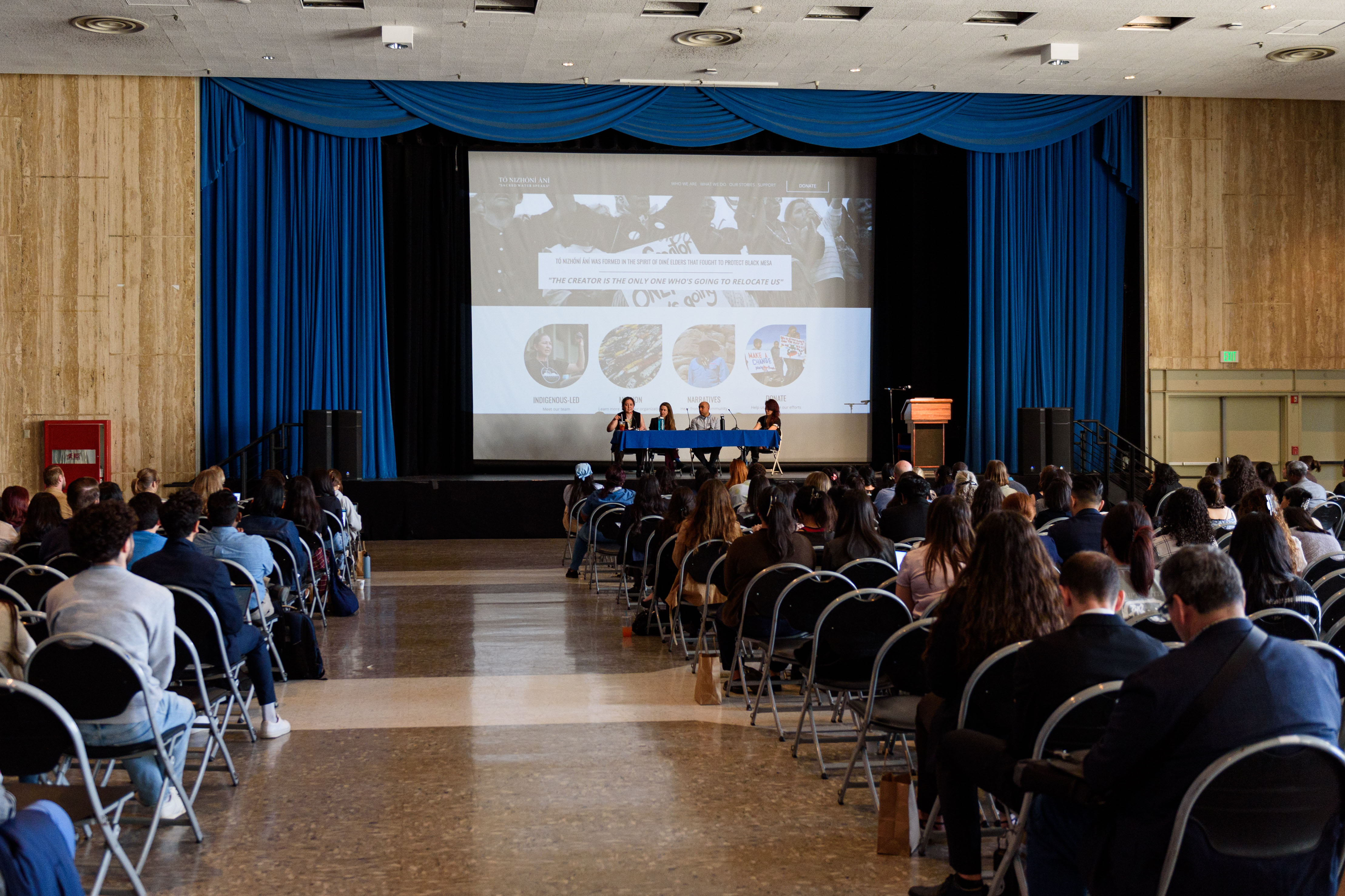Felicia Marie Knaul gives talk spotlighting global inequities in public health

Felicia Knaul presents about public health disparities at the Ronald Reagan UCLA Medical Center. (Courtesy of Samuel Martinez Jaurequi)

By Amy L. Wong
Feb. 2, 2025 11:13 p.m.
This post was updated Feb. 6 at 4:54 p.m.
Felicia Marie Knaul, a health economist and the wife of Chancellor Julio Frenk, shed light on stark global disparities in pain treatment to researchers and medical students Thursday.
Knaul, who has published over 345 papers, discussed issues perpetuating global health inequity during the talk titled, “Closing the Global Pain Divide: An Attainable and Affordable Global Health Imperative” at the Ronald Reagan UCLA Medical Center.
Pragya Bhuwania, a senior research analyst at the WORLD Policy Analysis Center who attended the event, said she was motivated to attend because of Knaul’s strong research background and leadership in different Lancet Commissions related to public health.
Knaul’s research has covered access to pain relief, poverty, violence against women and health financing.
Marybel Flores, an executive assistant at UCLA Health who attended the event, said she appreciated Knaul’s presentation of data on other countries, highlighting information that she thinks many in the United States are unaware of. Flores added that a lack of funding may lead to underreported data, exacerbating the disconnect between experts and the problems they aim to address.
“If we’re not being funded or we can’t get people out to these underserved countries to get this information, we’re not getting it directly from these countries,” Flores said. “Luckily for countries like ours, doctors who are willing, researchers who are willing to go out there and extract information, I think that’s a great move.”

One topic Knaul discussed that Bhuwania said she found important was how the U.S.’ opioid crisis dominates the media conversation, though the public health issues of other countries are not fully recognized.
Knaul said in her presentation that pain is a pandemic and the opioid crisis is an epidemic. She added that in policymaking, there is a strong effort to stop access to opioids – a class of drugs that is used to relieve pain.
Instead of decreasing access, Knaul said she wants to develop secure opioid supply chains and prescription practices.
Knaul also said there are studies indicating limitations on opioid restrictions can lead to more pain in the U.S., adding that one of these limitations is restricted access.
Dr. Mitchell Wong, a professor of medicine, asked Knaul in the Q&A session why she thinks western Europe is more successful in addressing pain than other parts of the world. Knaul said countries in western Europe have fewer cases of opioid use disorder despite a high access to opioid medication.
Additionally, Knaul said in her presentation that 97% of childhood suffering occurs in low- and middle-income countries and that 70% of cases of childhood suffering could have been avoided with very little inexpensive interventions to prevent it. However, the pain medication is distributed drastically differently, Knaul said.
“The richest 10% have almost 90%,” Knaul said in her presentation. “This is one of the most unequal distributions that any of us who work in global health have ever seen.”
Knaul said in her presentation that the lack of pain medication has devastating effects, as there are documented cases of patients committing suicide because they do not have access to basic medication.
Though the International Narcotics Control Board was developed to prevent access to opioids, Knaul said in her presentation that a recent report from the INCB raised concern over the unequal access to opioids.
The report, published in 2019, states that conditions necessitating pain management are on the rise in low- and middle-income countries. While the treatments for these situations have been established, the report says the availability of such treatments is still lacking in many areas.
Knaul added in her presentation that one of the reasons the global pain divide is substantial is because of class disparities.
“I don’t think people care very much about poor people suffering,” Knaul said. “We care a lot about rich people, our own pain, but we don’t tend to place very much value on poor people.”





